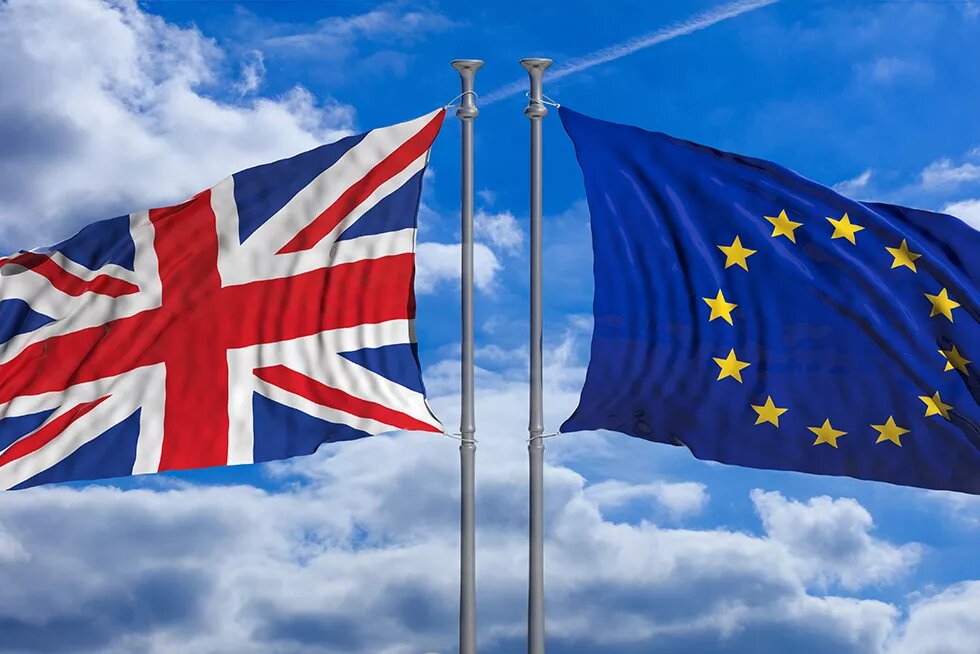Legislation governing digital technology and services has changed a lot over the last five years due to increasing concerns about the power and adverse influence of Big Tech. The concerns are well known, including issues with privacy, content and monopoly power; what is perhaps less clear is how to get the best out of the different initiatives and to ensure that they are not undermining each other.

Read the full dossier "Digital rights post-Brexit - Regulatory divergence in the UK and the EU"
Since leaving the EU, the United Kingdom steps into this legislative landscape with new autonomy to explore differing approaches to regulating the digital economy. With great ambition but institutional inexperience, the UK seeks to deliver the potential benefits of regulatory divergence.[1]
Both the UK and EU face similar problems: much of the tech industry is US-based and global in nature, so the impacts are similar in Europe as in the US. Commercial practices are set in the marketplace, often long before regulators can act. However, there is an emerging ‘regulatory toolkit’ of interventions that together could deliver constraints to the abuse of power.
Digital discourse tends to focus on content issues such as copyright infringement, disinformation or online abuse. However, content policy is arguably dealing only with the symptoms of dysfunctional markets and of the abuse of data to profile and prioritise consumer attention. The most powerful interventions are those that shape the marketplace, namely competition policies, followed by data protection and measures like the EU’s AI Act.[2] Our papers and introductory blogs look at the issues within each major area of policy intervention – data protection, content policy and competition – to help policy makers in Europe and the UK begin a discussion about the potential effects of EU-UK divergence, to begin to think about where co-operation may still be needed, and, if this cannot be achieved, the best way to deal with the impacts.
The UK’s change of direction can be observed in more aggressive interventions on content issues, namely the regulation of ‘legal but harmful’ content,[3] and less intervention on the use of personal data.[4] On competition issues, there may be more alignment with Europe, as both the UK and EU are concerned about the abuse of power in the digital market place, and need to encourage growth of the digital economy. However, despite competition policy’s importance for addressing the problems at their root, it has yet to be fully utilised by either the UK or the EU as a tool for better digital policy.
Two papers deal with the overarching issues of aligning digital policy: Creating a Coherent Strategy for Digital Policy looks at the interaction between the three policy areas of competition, data protection and content policy we identify as most important for digital regulation, and Institutional Challenges for UK and EU Digital Policy analyses the institutional strengths and weaknesses for the UK and EU post Brexit. We note that regulators in the UK will find it harder to investigate and enforce data protection complaints for companies established in the EU, and that EU standards, such as for high risk AI, may become de facto global standards, with the UK having less influence on the content developed by European standards bodies.
Three further papers look at competition, data protection and content policy as they are developing in the UK and EU. They explain the importance of changes to policy directions in each of these three areas, and explore some of the interactions of these policy changes.
Most relevant for the coming months are likely to be the changes to data protection and the implications for UK-EU trade, as these could undermine the adequacy decision granted to the UK. However, we should not neglect the wider trend of UK policy, which is currently less rooted in a rights framework and more tolerant of business preferences. It is also taking significant risks of limiting the efficacy of its work to limit online harms and expand competition policy by reducing data protection rights, as we discuss in our papers on competition and content policy.
We have not written these papers as an academic exercise. We hope they can inform the debate and open discussions between the EU and UK so they may be able to to support each other even as changes of direction emerge.

